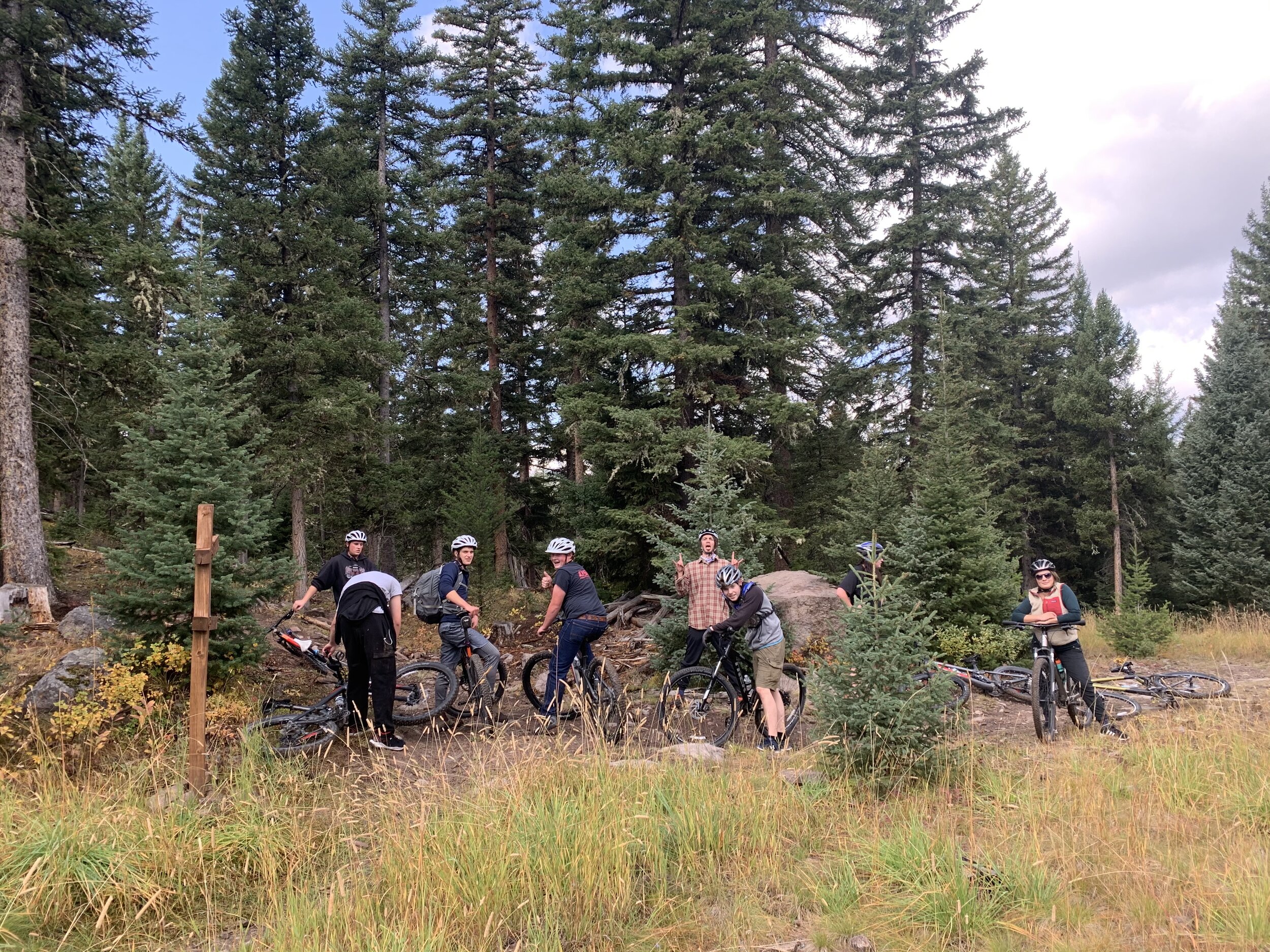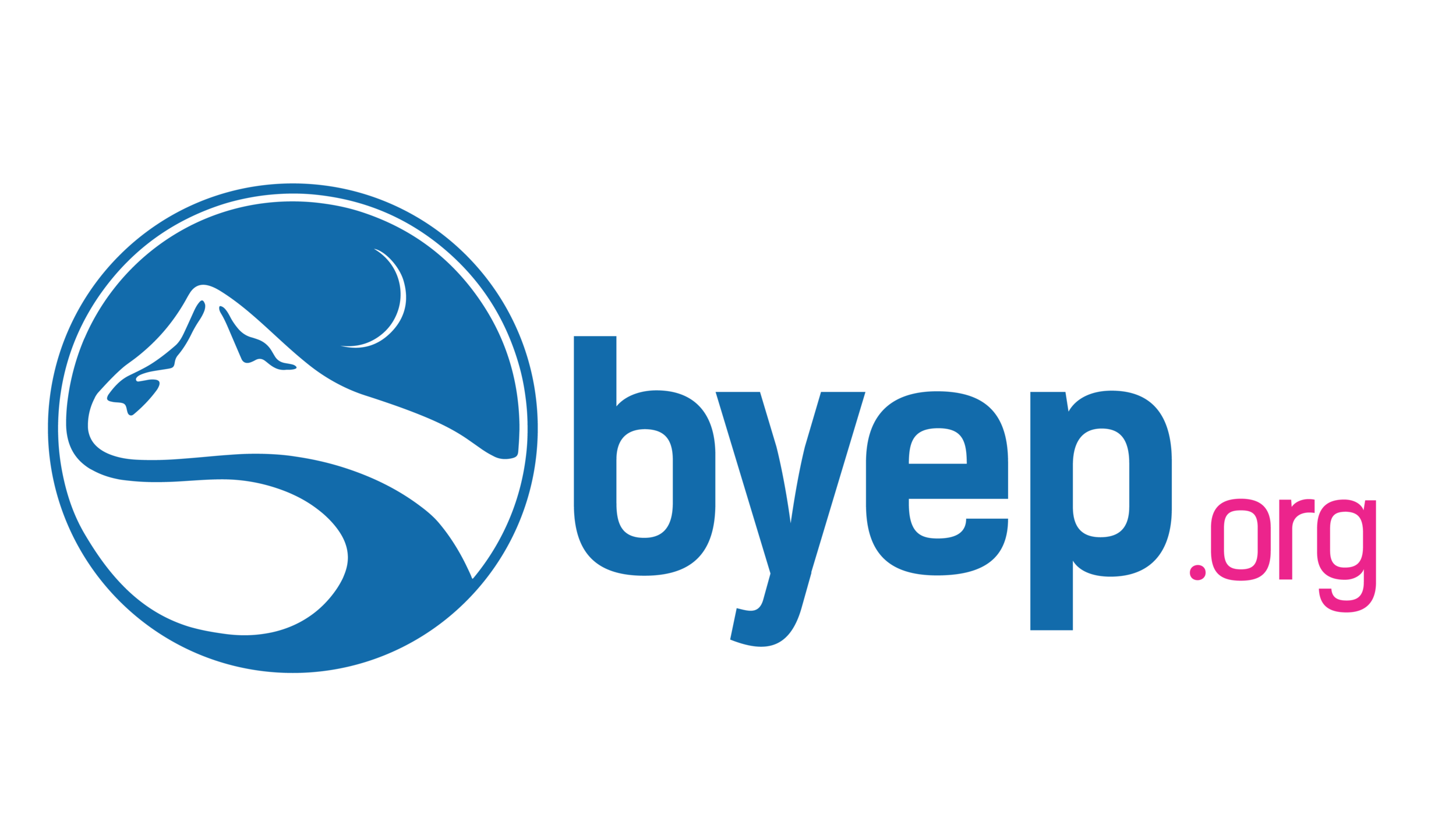We Appreciate You!
Thank you for a great 4th week of Fall Season at BYEP. We continue to be so grateful for the ways in which you are all showing up in-person and online. Please join us this Sunday, September 27th from 5-7 at Beall Park for a Mentor Appreciation Dinner! The Ugly Onion food truck will be there serving up fresh, wood-fired pizza and salads, and we will have adult beverages for mentors who are 21+. We hope to see you there!









Some notes from Mentor Professional Development...
Holding space and setting boundaries for a participant who is emotionally overwhelmed or purposefully breaking the rules can be intimidating. In this week’s Mentor Development, mentors discussed these types of challenges that come up in BYEP and learned about tools to manage and navigate these situations.
“All behavior is an unmet need. All needs are appropriate, but behaviors can be appropriate or inappropriate.”
Communicate - talk with the participant and evaluate the responses you get. Take time to listen not only to the words they say, but body language and tone as well. If the participant is feeling overwhelmed or being antagonistic, there is a big opportunity to provide support. This is your chance to make a connection and empathize with the participant.
Set appropriate boundaries - Ask yourself “what is the expectation here?” What can you let slide and what do you need to be firm about. Avoid power struggles with participants by being clear with yourself about expectations and consequences. Plan ahead if possible to make natural consequences for unacceptable behavior.
Catch escalating behavior before it is a major issue - usually, participants will fidget, isolate or show some other anxious behavior before the situation escalates.
Give the participant your attention and listen fully - focus on the feelings that are being presented more than content. Sometimes participants will tell you about situations that seem irrelevant or unimportant to you. Instead of viewing the content through your own eyes, take perspective by focusing on how the participant feels about what is going on.
Change the subject or distract the participant with another idea, activity, etc. Taking one’s mind off the problem can help us calm down.
Give the participant choices. For example, “you can talk with me about what is going on, or you can leave the room until you have calmed down.”
Allow space for silence - giving participants time to think, answer a question, or respond to you can be helpful in slowing things down and bringing clarity to the moment
Remember that you always have support. If a situation with a participant is too much for you to handle, you can always find support in another mentor or your program manager. Recognize your personal limits in dealing with challenging situations and be sure to debrief with your team afterwards
